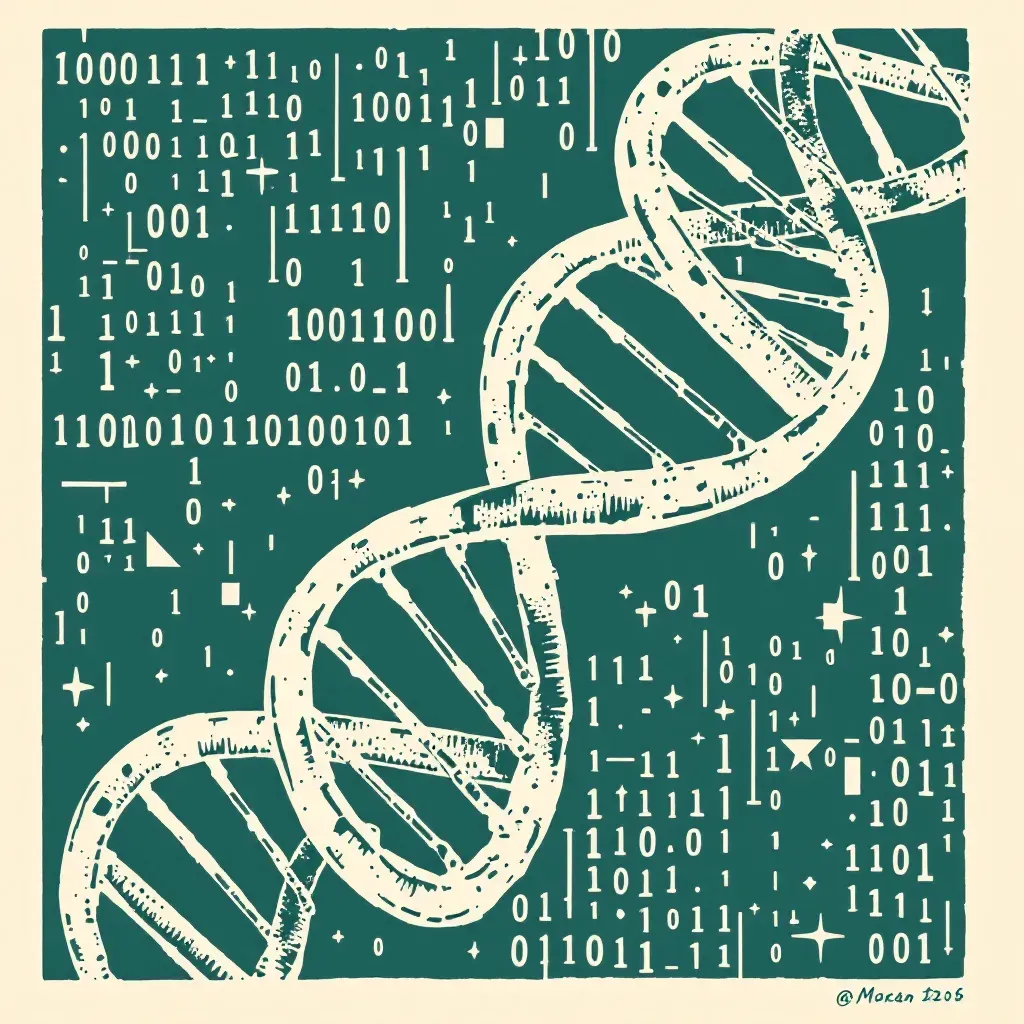
Evidence
From DNA to digital traces – the foundation that determines guilt and justice
Crucial evidence that convicts the guilty! Understand what evidence is, from DNA to digital traces, and why it's the core of every true crime case.
From DNA to digital traces – the foundation that determines guilt and justice
The importance of evidence in every criminal case
In true crime, evidence refers to the crucial concrete objects, information, or statements presented in an investigation to substantiate or refute a question of guilt in a criminal act. It is the foundation of every criminal case, on which investigators build their case and the prosecution attempts to convince a court. Evidence takes countless forms, ranging from classic traces like fingerprints secured at a crime scene and crucial DNA evidence found on a victim, to modern technical evidence such as digital evidence in the form of online footprints, video evidence from surveillance cameras, financial transactions, or decisive witness testimonies. Every single detail, no matter how small, can potentially become an essential piece in solving what truly transpired.
Errors in handling can completely ruin a case
The collection and subsequent analysis of evidence is an extremely meticulous and often time-consuming process, where even minor missteps during the legal process can have fatal consequences for the case's outcome. Improperly handled physical evidence can become contaminated and thus inadmissible in court, while an overlooked detail or an inadequately analyzed biological trace, where forensic medicine plays a central role, can mean the difference between a successful resolution and a frustrating unsolved mystery. It is often in the handling of evidence that major legal dramas unfold: the sudden appearance of crucial evidence or the intense battle over the interpretation and weighting of existing traces. A thorough understanding of how different types of evidence – including technical evidence like video evidence – are collected by forensic technicians, analyzed by experts in fields such as forensic medicine, and presented during prosecution, is essential to assess the strength of an accusation or the defense's arguments in any true crime story. This directly affects the course of justice and the final verdict for both the victim and the alleged perpetrator.
Irrefutable evidence is vital in a state of law
The value of solid and irrefutable evidence cannot, therefore, be underestimated in a state governed by the rule of law. It is ultimately this material that, in accordance with fundamental legal principles, must illuminate the truth and ensure that justice is served for all parties involved. Although the path to solving a case and achieving a just verdict is often paved with complex investigative challenges, technical limitations, and nagging doubts, evidence remains at the core of the legal process.
How does a fingerprint weigh against a digital trace? Explore specific cases where evidence like DNA and video surveillance played the main role. Dive into our in-depth cases below.
